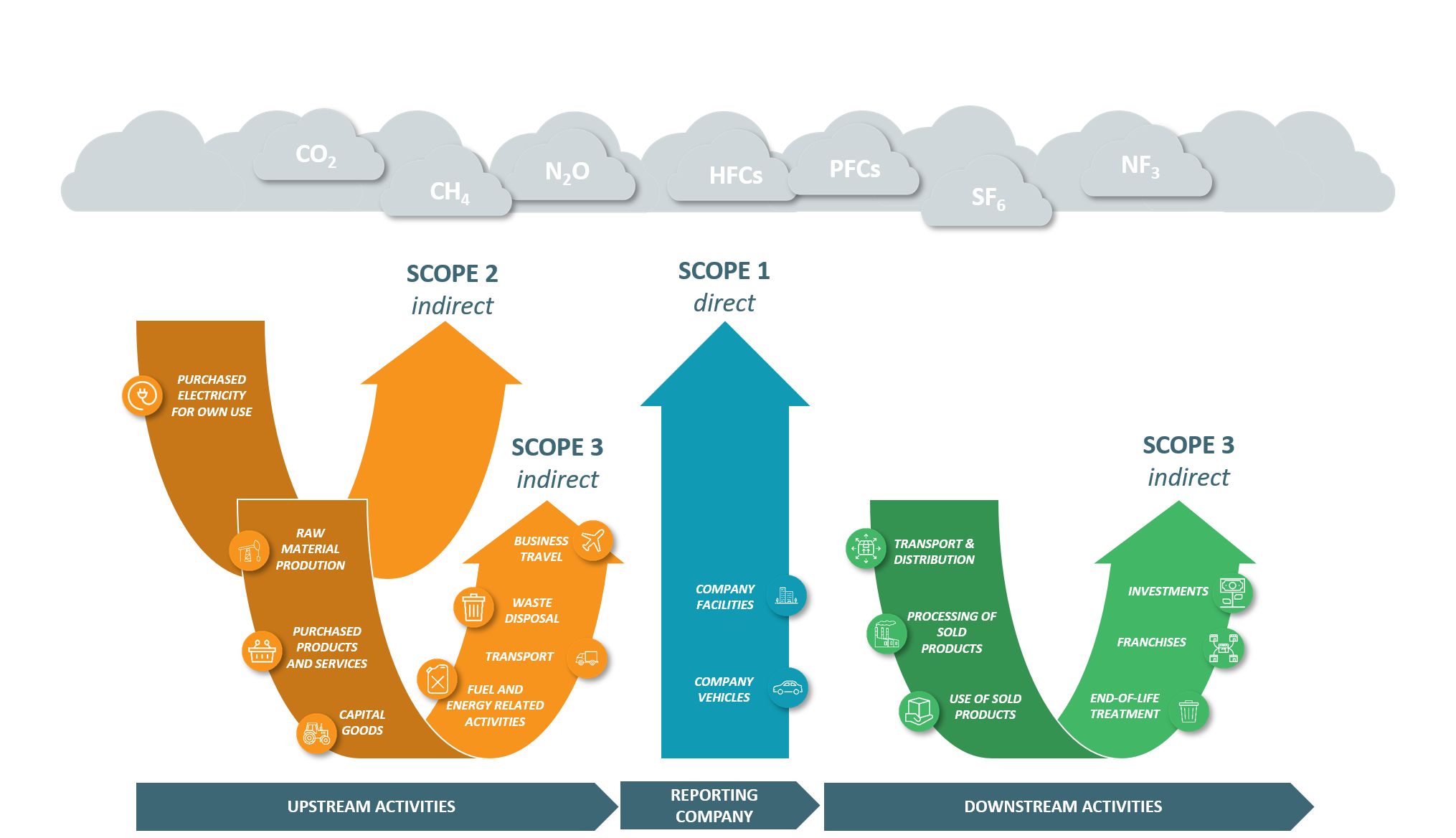Science Based Targets in the agri-food sector
Reduce your GHG emissions

Climate change being one of the most urgent challenges of our time. Society is looking for ways to define the contours of a sustainable world. Accordingly, more and more companies are joining the Science Based Target initiative (SBTi), which help to monitor and reduce their greenhouse gas (GHG) emissions. Part of the SBTi approach is a complete analysis and reduction plan of GHG emissions of the entire value chain. A challenging task, which asks for profound knowledge of agri-food value chains, quantitative environmental analysis and acquires high-quality data.
Blonk Consultants, being the leading consultancy agency to quantify sustainability in the agri-food sector, can help your organization setting the targets and reduce your GHG emissions.
Insights in your scope 1, 2 and 3 emissions
The first step to develop a SBT is an inventory of emissions through the entire value chain, so called scope 1, 2 and 3 emissions according to the GHG protocol. Scope 1 and 2 emissions are the direct emissions arisen by your own activities (like fuel combustion and own transport vehicles) and purchased energy. Gathering data and setting targets for these emissions is quite straightforward. Scope 3 emissions though are much more difficult to inventory since data of other actors in the supply chain is necessary.
For most companies in the agri-food sector scope 3 emissions contribute significantly to their environmental impact.

Environmental hotspots in the agri-food sector
Cultivation of crops and animal production will be one of the environmental hotspots in the value chain. Laughing gas emissions from fertilizer application, methane emissions from rice cultivation and enteric fermentation, food losses throughout the life cycle have a high contribution to the overall scope 3 GHG emissions. However, gathering data for this can be challenging, because you need to investigate the supply chain thoroughly. Besides that, actual emission data on the farm is not available and modelling the emissions according to the correct standards, like the Product Environmental Footprint (PEF) is needed.
20+ years of experience in quantifying emissions
Blonk Consultants has more than 20 years of experience in quantifying emissions in agri-food value chains. Also, we developed Agri-footprint, the leading database for high quality environmental footprint data of agri-food products. Furthermore, we developed a European Farm 2 Fork database containing the environmental impact of more than 160 consumer food products, such as cheese, sauces, instant coffee, fruits, chocolate, pasta, ready-to-eat soups and prepared salad mixes. Besides that, we have our own in-house software tool development team who can assist in data collection and development of environmental footprinting tools.
Blonk Consultants helped Nature’s Pride setting up their scope 1, 2 and 3 carbon footprint inventory and reduction plan and assisted in their SBTi application.
We are happy to help you analyse your scope 1, 2 and 3 emissions, set up your SBTi targets and develop supplier engagement programs together.
More information
Get in touch

Janjoris van Diepen
If you have questions about SBTi, or want to know how we can help you? Contact Janjoris.
